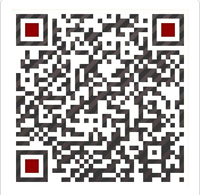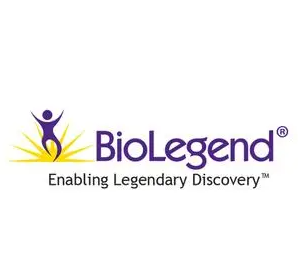Product Details
- Verified Reactivity
- Human
- Antibody Type
- Monoclonal
- Host Species
- Mouse
- Immunogen
- Recombinant human CX3CL1
- Formulation
- Phosphate-buffered solution, pH 7.2, containing 0.09% sodium azide.
- Preparation
- The antibody was purified by affinity chromatography.
- Concentration
- 0.5 mg/ml
- Storage & Handling
- The antibody solution should be stored undiluted between 2°C and 8°C.
- Application
-
WB - Quality tested
- Recommended Usage
Each lot of this antibody is quality control tested by Western blotting. For Western blotting, the suggested use of this reagent is 0.5 - 2.5 ?g per ml. It is recommended that the reagent be titrated for optimal performance for each application.
- RRID
- AB_2563890 (BioLegend Cat. No. 661201) AB_2563891 (BioLegend Cat. No. 661202)
Antigen Details
- Structure
- Chemokine, membrane bound form includes an extracellular NH2-terminal domain, a mucin-like stalk, a transmembrane α helix, and a short cytoplasmic tail. Full-length CX3CL1 contains over 300 amino acids and is highly glycosylated.
- Distribution
-
Cell membrane, secreted.
- Function
- CX3CL1 has potent chemoattractant activity for T cells, monocytes, and natural killer cells, and the expression of CX3CL1 in activated endothelial cells promotes strong adhesion of those leukocytes. CXC3L1 is induced in endothelial cells by proinflammatory cytokines (TNF-α, IFN-γ, IL-1β) and LPS.
- Interaction
- Monocytic cells, smooth muscle cells, T cells, B cells, NK cells, microglia, and astrocytes.
- Ligand/Receptor
- CX3CR1
- Cell Type
- B cells
- Biology Area
- Cell Adhesion, Cell Biology, Immunology, Signal Transduction
- Molecular Family
- Cytokines/Chemokines
- Antigen References
-
1. Ferretti E, et al. 2014. Mediators Inflamm. 2014:480941.
2. Apostolakis S, et al. 2013. Acta Pharmacol Sin. 34:1251.
3. Julia V, et al. 2012. Allergy. 67:1106.
4. Bazan JF, et al. 1997. Nature 6617:640.
5. Hundhausen C, et al. 2003. Blood 102:1186.
6. Sato E, et al. 2006. Ann. Rheum. Dis. 65:1257.
7. Jones B, et al. 2011. Front. Immunol. 2:82. - Gene ID
- 6376 View all products for this Gene ID
- UniProt
- View information about CX3CL1 on UniProt.org








